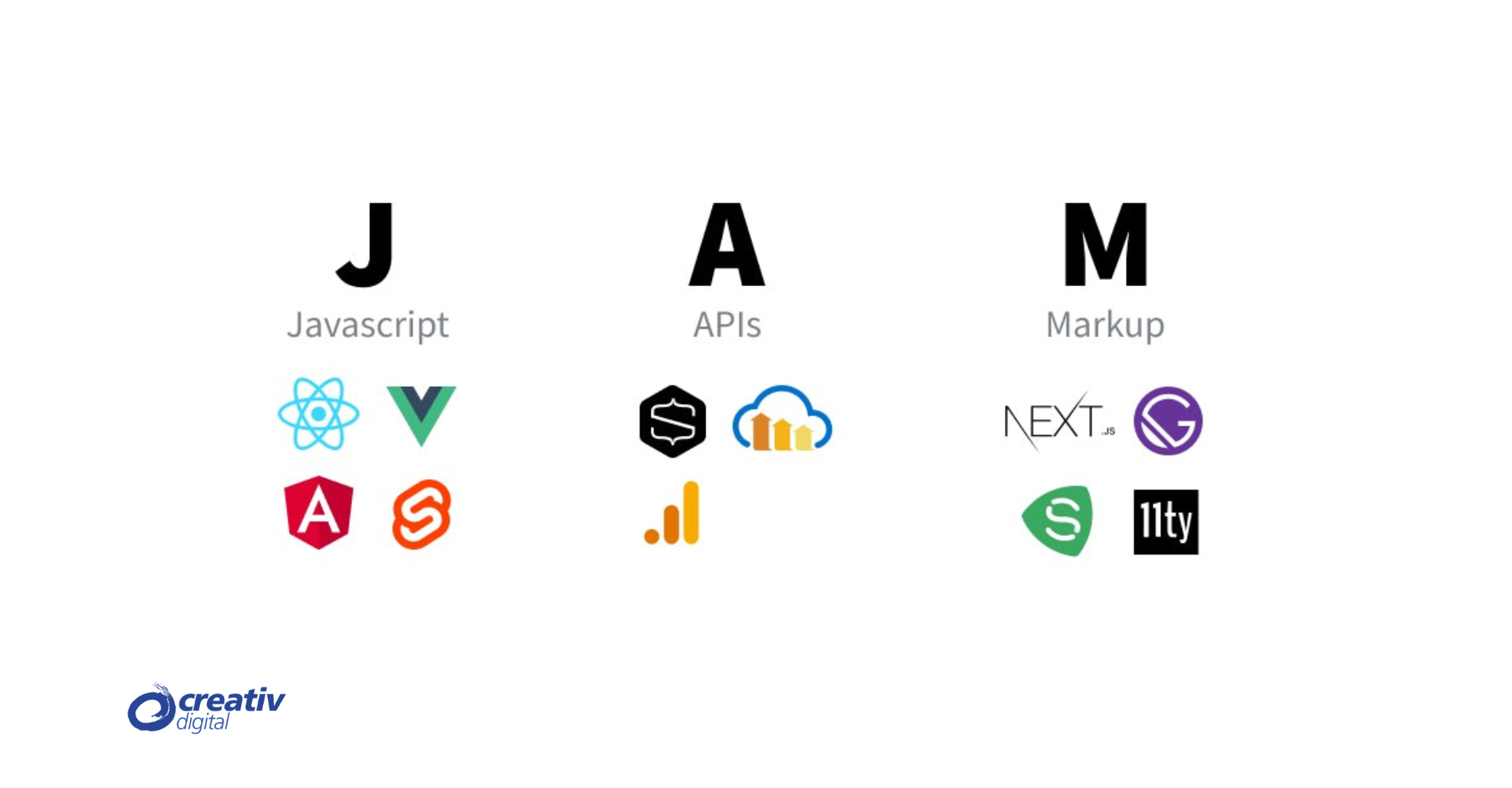In today’s fast-paced and technologically advanced business environment, companies increasingly rely on digital solutions to streamline operations, enhance security, and improve efficiency. One such critical tool that has gained prominence is the Virtual Data Room (VDR). A VDR is a secure online repository for storing and sharing confidential documents and data. It offers numerous advantages over traditional physical data rooms, making it an indispensable asset for businesses.
Why a Business Needs a Virtual Data Room
Here are four compelling reasons why your business needs a Virtual Data Room.
1. Enhanced Security and Data Protection
In the age of cyber threats and data breaches, ensuring the security of sensitive information is paramount. Virtual Data Rooms provide a robust and secure environment for storing and sharing confidential documents. Key features include:
- Advanced Encryption: VDRs use high-level encryption protocols to protect data at rest and in transit. This ensures that even if data is intercepted, it remains unreadable to unauthorized parties.
- Access Controls: Businesses can set granular access permissions, ensuring only authorized individuals can view or edit specific documents. This level of control is crucial for maintaining confidentiality.
- Audit Trails: VDRs maintain detailed logs of all user activities, including document views, downloads, and edits. This transparency helps track and monitor data access and usage.
- Watermarking: To prevent unauthorized sharing, VDRs often include watermarking features that tag documents with identifying information, deterring leaks and aiding in tracking sources of breaches.
By leveraging these security features, businesses can safeguard their intellectual property, financial records, and other sensitive information from potential threats.
2. Improved Efficiency and Collaboration
Efficient collaboration and streamlined processes are essential for business success. Virtual Data Rooms facilitate seamless communication and collaboration among stakeholders by providing:
- Centralised Document Repository: VDRs serve as a single, centralized location for all relevant documents, eliminating the need for physical storage and reducing the risk of lost or misplaced files.
- Real-Time Access: Authorized users can access documents anytime, anywhere, enabling real-time collaboration regardless of geographical location. This is particularly beneficial for global teams and remote workers.
- Version Control: VDRs maintain document version histories, ensuring that users always work with the most up-to-date information. This eliminates confusion and errors associated with multiple versions of the same document.
- Integrated Communication Tools: Many VDRs offer built-in communication features such as messaging, Q&A sections, and notifications. These tools streamline discussions and ensure all relevant parties are on the same page.
Enhancing efficiency and collaboration, VDRs enable businesses to complete transactions and projects more quickly and effectively.
3. Simplified Due Diligence and Transaction Management
Due diligence is critical to mergers and acquisitions, fundraising, and other business transactions. Virtual Data Rooms simplify this process by offering:
- Organized Document Management: VDRs allow businesses to organize and categorize documents systematically, making it easy for potential investors or buyers to locate and review relevant information.
- Accelerated Review Processes: With instant access to all necessary documents, stakeholders can conduct thorough reviews without the delays associated with physical document exchanges, accelerating the overall transaction timeline.
- Secure Sharing with External Parties: VDRs enable businesses to share sensitive information securely with external parties, such as legal advisors, auditors, and potential investors. This ensures that confidential data remains protected throughout the transaction process.
- Enhanced Transparency: VDRs enhance transparency by providing a clear and organized view of all relevant documents, building trust and confidence among stakeholders.
Simplified due diligence and transaction management can lead to more successful deals and foster positive relationships with investors and partners.
4. Cost Savings and Environmental Benefits
Adopting a Virtual Data Room can result in significant cost savings and environmental benefits for businesses:
- Reduced Physical Storage Costs: By eliminating the need for physical data rooms and paper documents, businesses can save on storage space, printing, and associated costs.
- Lower Administrative Expenses: VDRs automate many administrative tasks, reducing the need for manual document handling, organization, and distribution. This translates to lower labour costs and increased efficiency.
- Decreased Travel Expenses: With remote access to documents, stakeholders can review and collaborate on information without travelling, saving on travel expenses and reducing carbon footprints.
- Eco-Friendly Practices: By minimizing paper usage and reducing the need for physical document transportation, VDRs contribute to more sustainable business practices and support corporate social responsibility initiatives.
These cost savings and environmental benefits improve the bottom line and enhance a company’s reputation as a socially responsible and eco-conscious organisation.
Conclusion
In conclusion, adopting a Virtual Data Room is a strategic move that offers numerous benefits for businesses. Enhanced security and data protection, improved efficiency and collaboration, simplified due diligence and transaction management, and cost savings with environmental benefits are compelling reasons to invest in a VDR. As businesses navigate an increasingly digital landscape, Virtual Data Rooms will undoubtedly play a crucial role in ensuring secure, efficient, and successful operations. Embracing this technology is not just a matter of convenience but a necessary step towards future-proofing your business.



